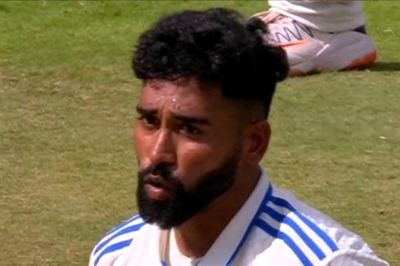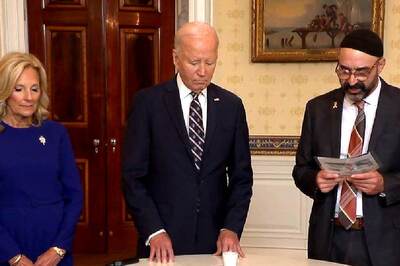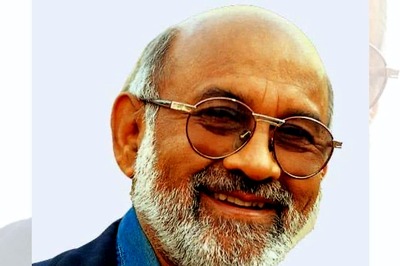
views
BANGALORE: At a time when gross enrollment ratio (GER) in higher education in India has become a matter of grave concern for the government, the Akhila Bharatiya Vidyarthi Parishat’s (ABVP) National President Prof Milind S Marathe said that policies at the Centre and state levels needed reform if the GER in the country had to reach the proposed target by 2020. “The low GER in the country is definitely a policy matter. The allocation for higher education in our budget has to be doubled at the Centre and state government levels if we have to see an increase,” Prof Marathe told reporters on Saturday on the sidelines of ‘Think India’, a two-day conference aimed at generating ideas for nation building among the youth. Substantiating further on the current higher education scenario, Prof Marathe said,“It was after liberalization in the early 90s that privatization infiltrated into higher education. The government should increase its interference to bring about reforms. More importantly, the government should stop looking at investment into education as expenditure,” he said, referring to the landmark Supreme Court case of T M A Pai Foundation vs State of Karnataka (2002). Prof Marathe further spoke about the Foreign Educational Institution (Regulation of Entry and Operation) Bill, 2010. “I do not approve of the red-carpet approach that the government is taking with regard to foreign universities. This may lead to a backdoor entry of commercialization,” he said. He added that foreign universities are welcome only if Indian laws govern them. “The government has to control aspects of reservation, accreditation, fee structure and syllabus in foreign universities,” he said. While he stated that ABVP focussed more on issues related to higher education owing to principles, Prof Marathe said that the Right To Education (RTE) Act, was a flop despite being an ‘excellent document’. He said, “We must understand that RTE is not new. India is the 103rd government to introduce something like that. The problem is that the government has failed to financially support respective states in the implementation of the Act,” he said, referring to the clause of 25 per cent reservation to OBC children.


















Comments
0 comment